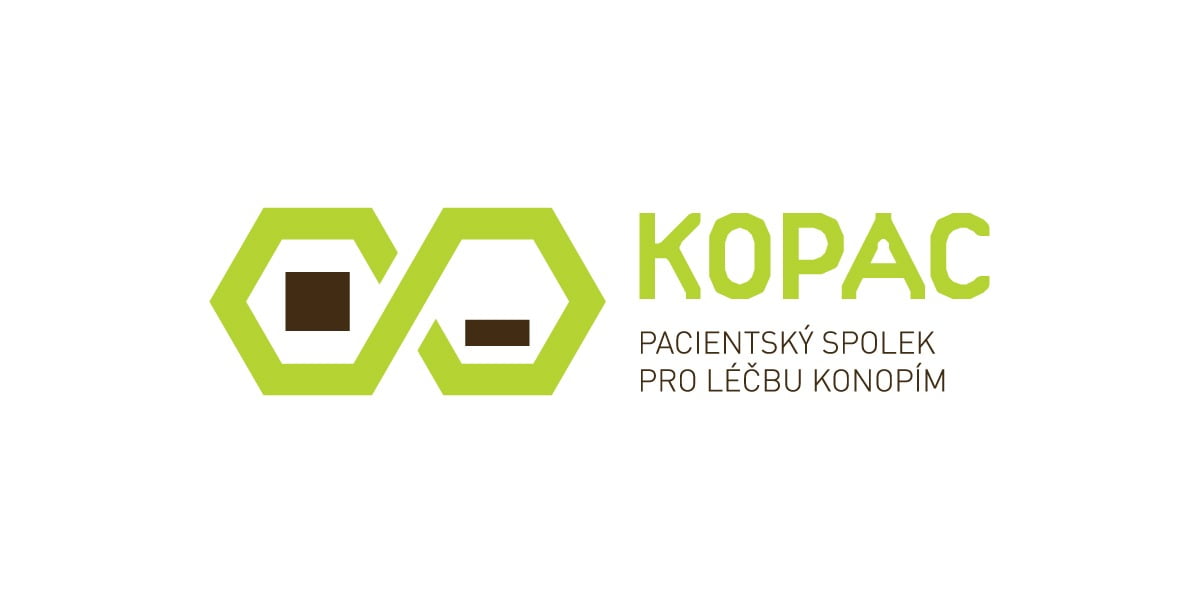Czech patients have no reason to celebrate 5 years of legal medical cannabis, as the State Institute for Drug Control (SÚKL) forces them to break the law
Patients should be celebrating the 5th anniversary – the medical cannabis has been legal since April 2013. However, cannabis patients have no reason to be happy. Although the drug’s medical benefits have been proven and confirmed by experts many times, most of patients are still forced to rely on home-growing or the black market, where cannabis is significantly cheaper than in a pharmacy and is available without lapses in supply.
Prague, April 24, 2018
Press release
Czech patients have no reason to celebrate 5 years of legal medical cannabis, as the State Institute for Drug Control (SÚKL) forces them to break the law
“260 crowns (more than 10 Euros) per gram of cannabis in a pharmacy is something I, as a patient with disability pension, cannot afford to pay,” says Pavel Kurušta, member of KOPAC, an organization which represents cannabis patients in the Czech Republic. These people are suffering from diseases, for which cannabis has been indicated as a symptomatic and causal medicine. “It’s absolutely unacceptable, especially given the fact that patients could have had Czech cannabis several years ago. But due to SÚKL’s (State Institute for Drug Control) and SAKL’s (State Agency for Medical Cannabis) reluctance in preparing the tender and due to the economically unfavorable conditions for possible growers, nothing is available at the moment except for imported cannabis, which comes at higher prices than cannabis from the black market,” says Hana Vágnerová, the director of KOPAC.
However, SÚKL does not agree that cannabis is not available for patients. Its director, Irena Storová, is convinced that “in the last 5 years, SÚKL, as well as SAKL, have done everything in their power, and supplies of domestic medical cannabis should be available mid-2018” (http://prehravac.rozhlas.cz/audio/3994786, from 4:22 on). “In reality, medical cannabis is not available for patients,” says Vágnerová. “If SÚKL has really done all in their power, how can it be that Czech cannabis was available in pharmacies for some time, and now it has not been available for about a year?”
If the current state of affairs truly is a result of five years of maximum possible effort, then the effectiveness of such effort is strikingly low. SÚKL/SAKL have ensured a supply of Czech medical cannabis for mere 11 out of 60 months the act has been in place (import is not in their jurisdiction). The agencies argue that from the total number of thousands of doctors, only 28 prescribe cannabis. However, this is a classic case of confusing cause and effect – why should a doctor prescribe cannabis, when the patient cannot obtain it in the first place? It is similar to the case of e-prescriptions, a system which should have also been working for 5 years ago, and yet, not all doctors have access to it to this day.
Authorities are right when saying that our country is still in the beginning of the journey. But in no country has the initial phase lasted so long – for example, in the neighboring Germany, medical cannabis has been legalized two years ago; and by now tens of thousands of patients are using it. This happened after the German Supreme Administrative Court determined if cannabis is the only effective cure for a given patient and the state is unable to provide it, the right for health is deemed superior to international obligations of the country and allows for home-growing for private medical needs. German government understood this verdict, but it did not allow home-growing, instead it decided that medical cannabis will be paid for by insurance companies and made sure that it was available in sufficient supply on the pharmaceutical market. In 2013, the Czech Republic has been the second EU country to legalize medical cannabis to indicated patients. In 2018, we are likely the only country in the world which allows this means of treatment by law, but does not use it in reality. How come that research-backed arguments are a sufficient reason for doctors to prescribe medical cannabis all around the world, but not in this country?
KOPAC is going to keep highlighting the real issues of patients who have no time to wait and we will be defending their right for the freedom of choice in terms of effective or supportive treatment. Until the state is able to provide and guarantee in time a steady availability of medical cannabis, patients using it must not be persecuted for obtaining this natural medicine themselves, because this only increases their stress levels, already high due to their chronic diseases that are often difficult to treat using modern methods.
Hana Vágnerová
KOPAC
Můžete nás také podpořit, nebo nám pomoci v tom, co umíte (tisk, PR, organizace, překlady...) - napište nám. Děkujeme vám.
